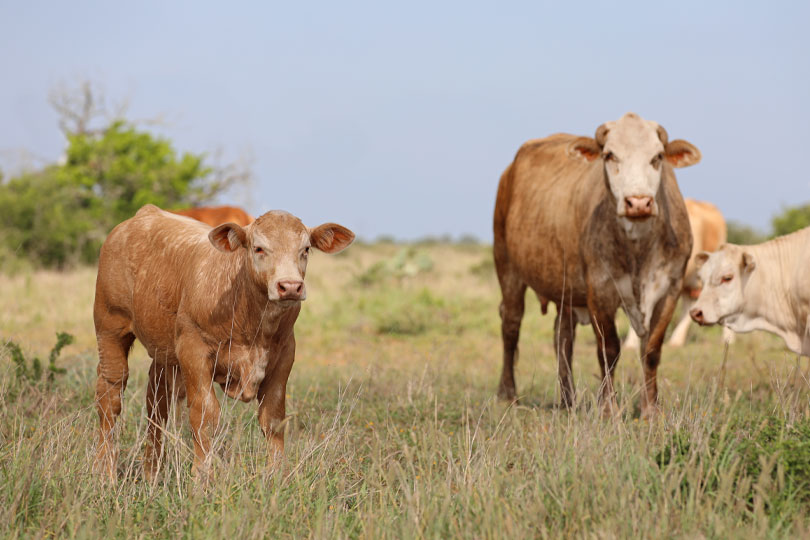By Julie Tomascik
Editor
Livestock imports from Mexico will soon resume under a phased reopening plan announced this week by U.S. Secretary of Agriculture Brooke Rollins.
The announcement follows enhanced New World screwworm prevention efforts and increased coordination between the U.S. Department of Agriculture (USDA) and Mexican animal health officials since the ports were closed on May 11.
“We have made good progress with our counterparts in Mexico to increase vital pest surveillance efforts and have boosted sterile fly dispersal efforts. These quick actions by the Trump administration have improved the conditions to allow the phased reopening of select ports on the southern border to livestock trade,” Rollins said in a statement. “We are continuing our posture of increased vigilance and will not rest until we are sure this devastating pest will not harm American ranchers.”
The first location to reopen to cattle, bison and horse imports will be in Douglas, Arizona, on July 7. Other ports in New Mexico and Texas are scheduled to follow in the coming weeks, provided continued progress is made in surveillance and eradication.
The ports were closed earlier this year after USDA identified increased risk of the screwworm re-entering the U.S. due to outbreaks in Mexico. Since then, USDA’s Animal and Plant Health Inspection Service (APHIS) and Mexico’s animal health agency, SENASICA, have worked to improve sterile fly dispersal, limit illegal livestock movements and implement inspection protocols.
Five APHIS teams were deployed to evaluate Mexico’s screwworm response and confirmed there was not a significant increase in cases or northward movement over the last eight weeks. The U.S. is now also dispersing more than 100 million sterile NWS flies weekly.
USDA’s five-pronged strategy to combat the screwworm, along with Mexico’s progress, gives agricultural groups like Texas Farm Bureau confidence in the border reopening.
“Texas Farm Bureau has worked closely with USDA to ensure sound science and biosecurity remain the top priorities in addressing the screwworm threat,” TFB President Russell Boening said. “USDA’s decision to begin reopening the border reflects the progress that’s been made in Mexico. We support the phased reopening of the ports, which balances the need for cross-border livestock trade with continued vigilance against this devastating pest.”
USDA’s phased reopening plans includes:
- Douglas, Arizona: July 7
- Columbus, New Mexico: July 14
- Santa Teresa, New Mexico: July 21
- Del Rio, Texas: Aug. 18
- Laredo, Texas: Sept. 15
USDA noted the Douglas, Arizona, port presents the lowest risk based on geography and effective collaboration on animal health issues. The additional port openings are contingent on ongoing risk assessments and further commitments from Mexican states like Coahuila and Nuevo Leon to adopt enhanced New World screwworm protocols.
Only cattle and bison born and raised in Sonora or Chihuahua, or treated according to new USDA protocols, will be eligible for import. Horses may be imported from anywhere in Mexico but must undergo a seven-day quarantine and meet specific health requirements.
Mexico is also expected to complete renovations to its sterile fly production facility in Metapa by July 2026, increasing its weekly output of sterile NWS flies to help reestablish the pest barrier near the Darien Gap.


Leave A Comment